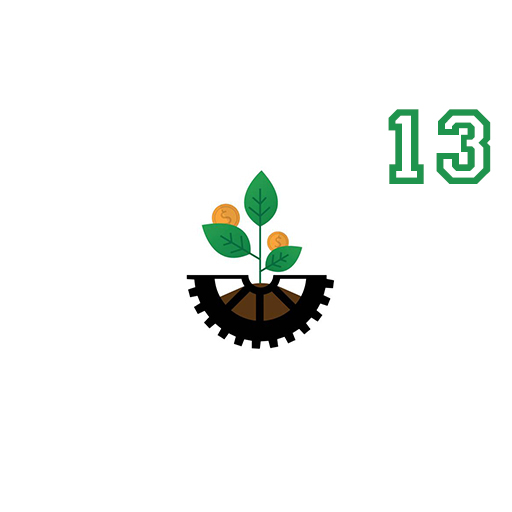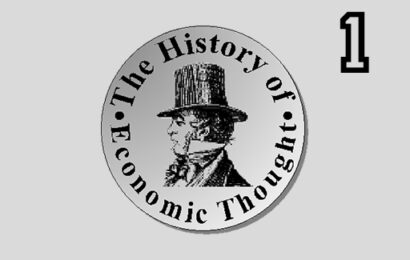
- Quizzes: 10
Agricultural economics is the branch of economics that deals with the application of economic principles to the production, distribution, and consumption of agricultural goods and services. Its history dates back to the early 19th century, emerging as a distinct field with contributions from economists like David Ricardo and John Stuart Mill, who examined land use and the economics of agriculture.
The development of agricultural economics as a formal discipline grew alongside the industrial revolution, as advances in technology and changes in farming practices led to shifts in land ownership, labor markets, and food production systems. Key thoughts within the field include the study of land economics, farm management, rural development, and agricultural policy.
Practical implications of agricultural economics are vast. The field influences government policies related to subsidies, tariffs, and trade, helping ensure food security and sustainable agricultural practices. It also informs decisions regarding resource allocation, environmental impact, and rural development. In modern times, agricultural economics is vital in addressing challenges such as climate change, global food demand, and the transition to sustainable farming practices. Understanding these economic dynamics is essential for ensuring the efficient and sustainable use of agricultural resources.
Curriculum
- 2 Sections
- 0 Lessons
- Lifetime
- Notes0
- MCQ10
- 2.1Introduction to Agricultural Economics10 Minutes20 Questions
- 2.2Agricultural Production Economics10 Minutes20 Questions
- 2.3Agricultural demand and supply analysis10 Minutes20 Questions
- 2.4Agricultural marketing10 Minutes20 Questions
- 2.5Government Policies and Intervention10 Minutes20 Questions
- 2.6Agricultural Finance and Credit10 Minutes20 Questions
- 2.7International Trade in Agriculture10 Minutes20 Questions
- 2.8Rural Development and Poverty10 Minutes20 Questions
- 2.9Food Security and Nutrition10 Minutes20 Questions
- 2.10Technology, Sustainability, and the Future of Agriculture10 Minutes20 Questions






